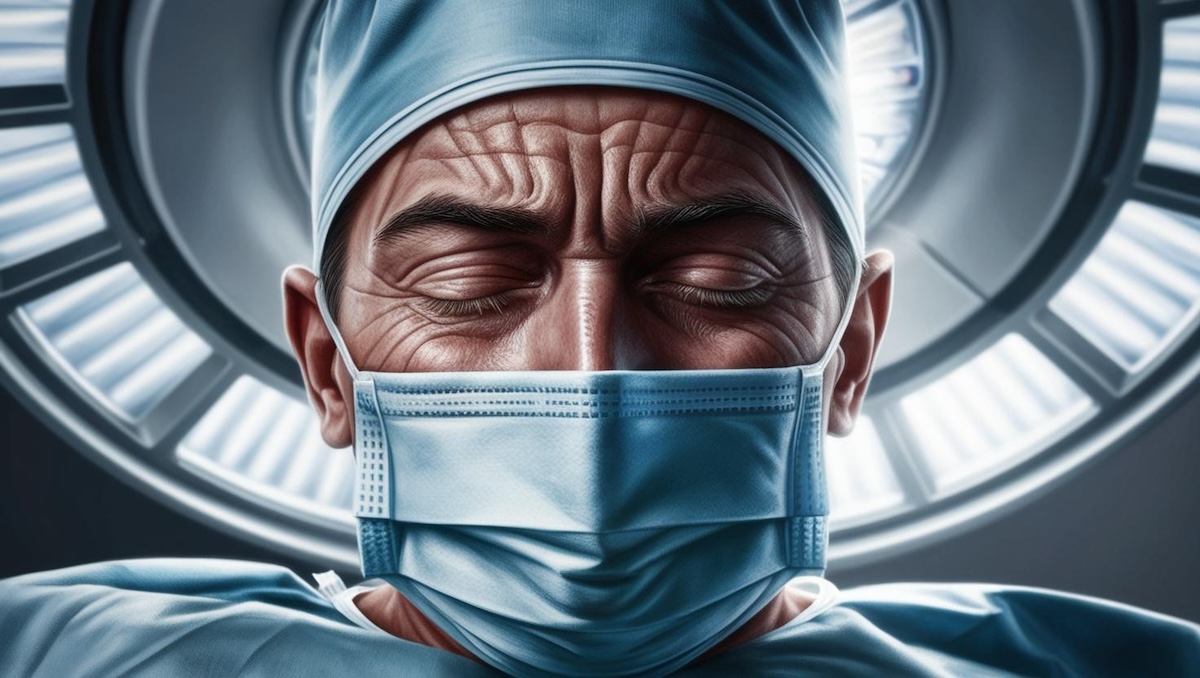Doctor Rich:
Hi, my name is Dr. Rich, and my passion is to provide every woman with practical knowledge about the world of women’s health. Today, we’re going to be highlighting a section of our video “Are your painful periods pointing to endometriosis?” It generated a lot of conversation in the comments section, and we’re gonna highlight that today. So keep watching to find out who’s at risk for endometriosis, why you might get it, and what are your options for treatment — including surgery.
Now, remember: if you find yourself pushing through significantly painful periods and your provider is telling you it’s normal — you need to find a specialist in endometriosis resection who can give you better options. In her own words, our patient Eleani (in this video here) states that she put up with painful periods for much longer than she needed to! So after you watch today’s video and subscribe, hop on over to that video to watch Eleani’s story.
Don’t have time to read this post? Watch the video here instead!
Today, we have with us Darcie Camacho: an ER nurse and our research coordinator.
Darcie:
Hey, Doctor Rich, who gets endometriosis and why?
Doctor Rich:
So there are several different theories why people get endometriosis. The most common theory is what’s called retrograde menstruation — meaning instead of the blood coming out through the vagina, it will go back out through the tubes and implant inside the pelvis. That’s the most common theory.
Now, there can be some hereditary predisposition. So there isn’t a gene, per se, that we’ve identified yet. But if your mother, your sister, your aunt… if somebody else in your family had it, that does make you more likely to get it — and makes you more susceptible.
Darcie:
So besides those painful periods, what are other signs of endometriosis?
Doctor Rich:
Great question. So some people may think that that’s literally the only sign.
But as we talked about, the disease can go to other pelvic organs. You’re very likely to have endometriosis if you have painful bowel movements during your period — so much so that a lot of patients are misdiagnosed! They’re diagnosed with interstitial cystitis, or bladder inflammation. They’re diagnosed with bowel problems like irritable bowel syndrome. Now, they may have those conditions — but there’s also an equally likely chance that they don’t have that and it’s the endometriosis that’s causing those symptoms.
We can also look at sexual discomfort and also just chronic pain. So there can be disease lesions that build up enough space (five, six, seven, eight centimeters — particularly on the ovary) that people just have chronic pain. Pain every day.
Darcie:
Okay. So there’s meds, there’s surgery… I want surgery! What am I looking at?
Doctor Rich:
So if we’re looking for — not a cure, but as close as we can get to cure now — then we’re really talking about surgical resection.
So what this would involve in most cases is a laparoscopy (or a keyhole incision), or robotic surgery. This is where we can go in with tiny little incisions, and we can remove the disease — whether it’s on the ovaries, or ligaments, or bowel, wherever it is — we will go in there and we’ll excise the entire disease burden.
Now, understand — we’ll take out everything that we can see with the eye, but there could be microscopic disease. This is why it’s important after the surgery to continue suppression with a birth control or some other type of suppressive therapy.
Doctor Rich:
Thank you for watching our video. This is a very important topic. There’s a lot of information out there. Unfortunately, there’s not a lot of great education — even for providers! Patients may end up seeing a handful of doctors before they actually get a correct diagnosis. So if you thought that this was helpful and it personally helps you, please hit the like button!
Darcie:
And if you know someone who might have endometriosis, share this video and subscribe!




